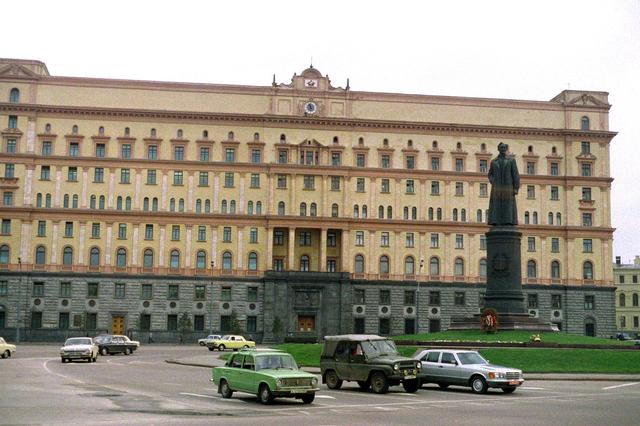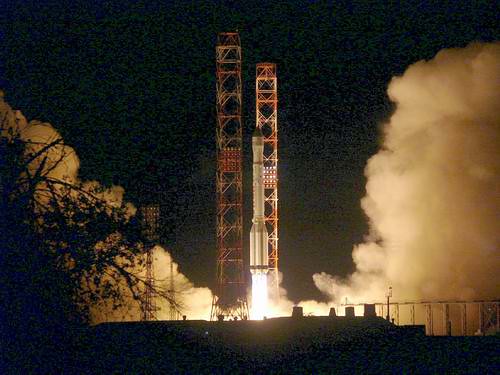Re: The Rise of the Russian Empire: Russo-Armenian Relations
Yes, I realize that but what specific pipeline are you referring to? How is Caspian oil/gas directly effecting the issues regarding Kosovo's independence? I don't see a 'direct' connection. I just see a longterm geopolitical strategic agenda to solidify EU control over Eastern Europe. But why risk a major war now, specially at a time when there are so many other hots spots - Iran, Afghanistan, Iraq and Syria - that also effect European politics?
Yes, I realize that but why would EU and NATO risk another major war in Europe by attempting to gain independence for Kosovo? Why antagonize Russia further? Kosovo independence will 'not' further isolate Russia nor will it make Serbia more pro-West.
Well said. I agree. Thus far, the Russian Federation is poised to control the Eurasia's vast oil/gas reserves within the twenty first century. The US Empire is on a decline. And the Armenian Republic's destiny is with Russia, and to a lesser extent Iran.
Originally posted by Virgil
View Post
Any state that defects to the west is code for "further isolation of Russia". This translate so perfectly when you consider Artsahk, why is it that their struggle for indepedence is not "justified" when the region is 100% Armenian versus Kosovo where Serbs still reside in? The answer is that Armenia has decided to avoid the jump on the "isolate Russia" bandwagan.
In the long run this means that the west will never consider Armenia a solid ally over Georgia and Azerbaijan, however, this also means that in the long run the security and stability of Armenia is positively correlated to the security and stability of both Russia and Iran. Armenian interest coincide with Russian interests of making sure the Caspian oil pipelines from Iran and Central Asia flow through Moscow and states aligned with Moscow, thus, making sure both China and Europe are always dependent on Russia as energy corridor. Armenia blocks Turkish and western ambitions of controling the corridors absolutly.The decision on where to build these pipelines in the Middle-East and Asia will determine who controls the world in the next century. Consider the energy needs of China and Asia, the energy needs of Europe, mankind's inability to diviate from petrol energy sources in time, and our own dependence on oil, all means that in the long run, whoever absolutly controls the oil, controls the world.








Comment